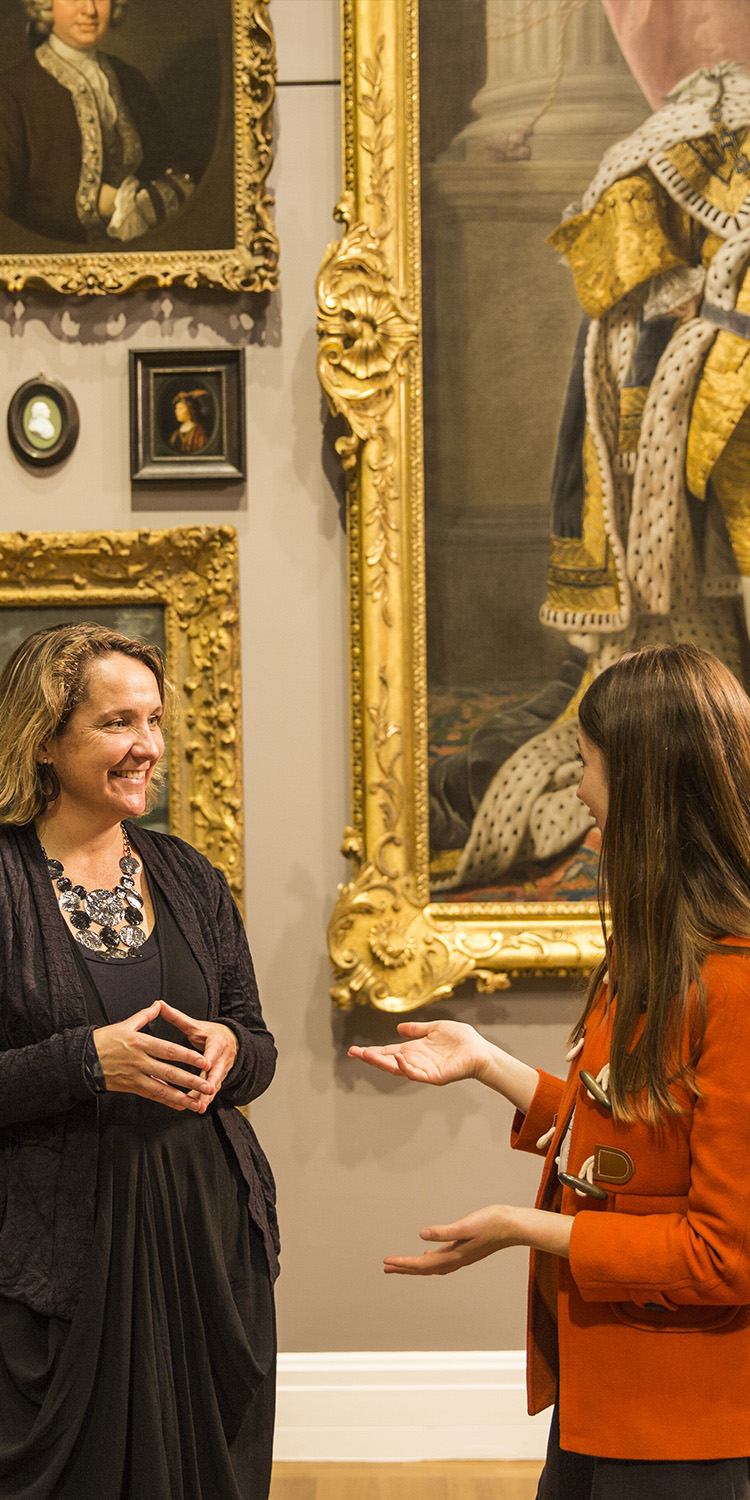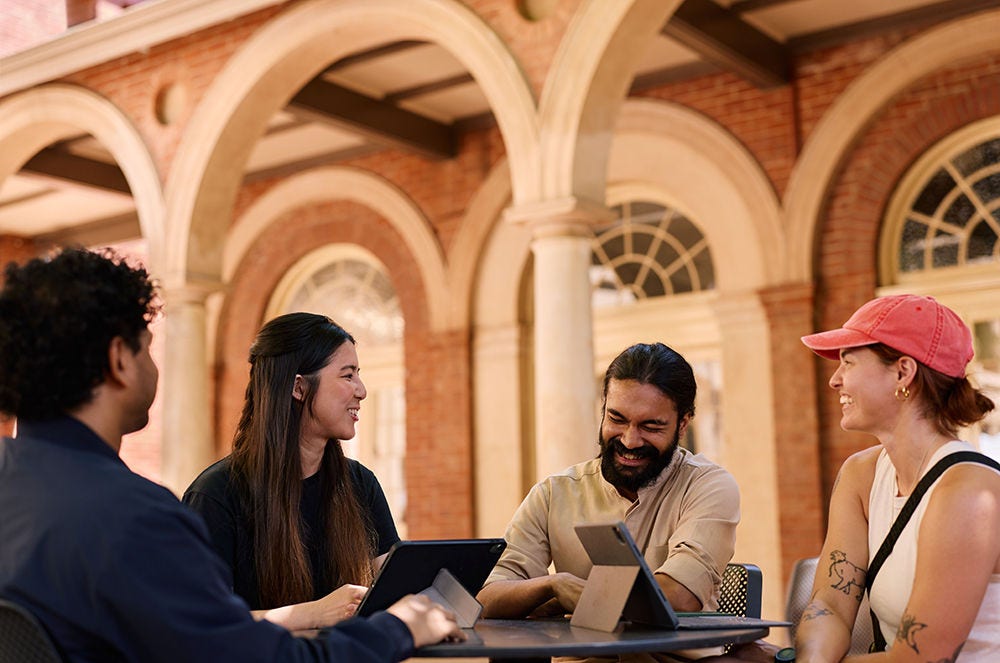What you'll learn
The Master of Curatorial and Museum Studies utilises emerging technologies to ensure you develop next-generation skills. Be equipped in the fields of digital literacy and creative innovation. Throughout your two-year degree, you’ll explore related subjects in both Arts and Humanities disciplines. You’ll also study specialised courses such as project management, marketing, communication, media and communication.
To successfully complete this degree, you will be required to complete core and research courses, as well as a research dissertation. Choose from a range of elective courses throughout your studies, tailored to your interests and aligned with your career goals.
First year
Start your studies by answering big questions like, what is a museum? Explore contemporary museum practice and critically analyse museum theory and curatorial practice. Collaborate with staff and collections at the South Australian Museum to develop a key case study. You’ll also focus on the life of objects as they move into, through, and sometimes, out of cultural institutions.
Discover the complex histories of how objects are acquired by museums and art galleries. You’ll be provided unprecedented access to local museums and professionals.
Second year
In your second year, you’ll demonstrate specialist knowledge in a specific area of interest through a research thesis.
You’ll couple this learning with research training courses. These will strengthen your skills in quantitative and qualitative methods and approaches.
Throughout your degree, you’ll complete a range of electives from areas including art history, history and media. Explore renaissance art, art censorship, Leonardo da Vinci, genealogy, or maybe even Australian Indigenous languages. Perhaps you will undertake a museum internship.










